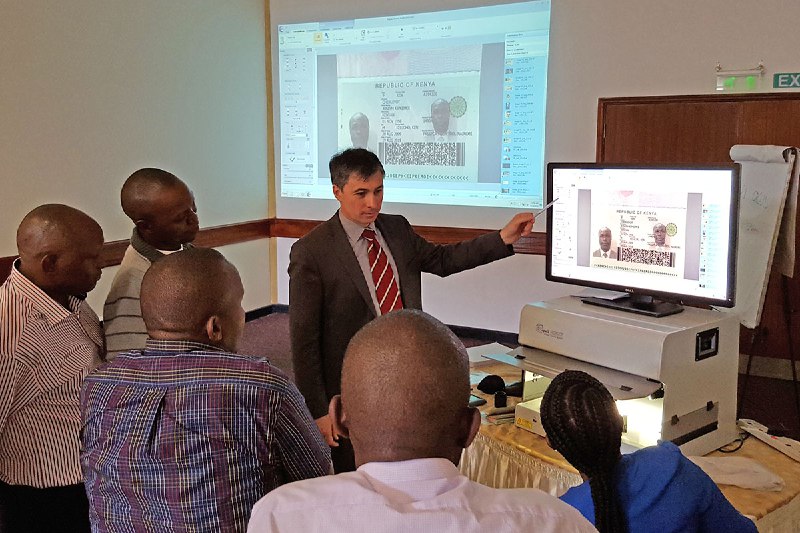Consultation for Protect Duty opens seeking views on how to make the public safer

The public consultation for the Protect Duty has been opened by the UK Government, as it seeks views from stakeholders on how the incoming legislation can make the public safer at publicly accessible locations.
 The Protect Duty, previously known as ‘Martyn’s Law’, is a new piece of anti-terrorism legislation, designed to ensure the public is better protected from a “multifaceted, diverse and continually evolving” terror threat. It follows a campaign from Figen Murray, the mother of Martyn Hett who sadly lost his life in the Manchester Arena terrorist attack in May 2017, who has highlighted the need to improve security standards in crowded public spaces and venues.
The Protect Duty, previously known as ‘Martyn’s Law’, is a new piece of anti-terrorism legislation, designed to ensure the public is better protected from a “multifaceted, diverse and continually evolving” terror threat. It follows a campaign from Figen Murray, the mother of Martyn Hett who sadly lost his life in the Manchester Arena terrorist attack in May 2017, who has highlighted the need to improve security standards in crowded public spaces and venues.
An Inquiry into the Manchester Arena attack is currently ongoing.
The Government has said it is “committed to improving the safety and security of public venues”, with the consultation set to consider how to “develop proportionate security measures to improve public security”.
The consultation is open to the public and is targeted at all those who own or operate publicly accessible locations that a ‘Protect Duty’ would potentially affect, including:
- Venues
- Organisations
- Businesses
- Local authorities
- Public authorities
- Individuals
A publicly accessible location has been defined by the Government as: “Any place which the public or any section of the public has access, on payment or otherwise, as of right or by virtue of express or implied permission”. This includes a wide range of venues, such as sports stadiums, festivals, hotels, pubs, casinos, high streets, retail centres, schools & universities, places of worship, parks, transport hubs and many more.
In the ministerial foreword for the consultation, James Brokenshire, Security Minister, said: “There is much good work already being done by many organisations, and I welcome these ongoing efforts. However, in the absence of a legislative requirement, there is no certainty that considerations of security are undertaken by those operating the wide variety of sites and places open to the public, or, where they are undertaken, what outcomes are achieved. This consultation considers how we could improve this position, through reasonable and not overly burdensome security measures.”







